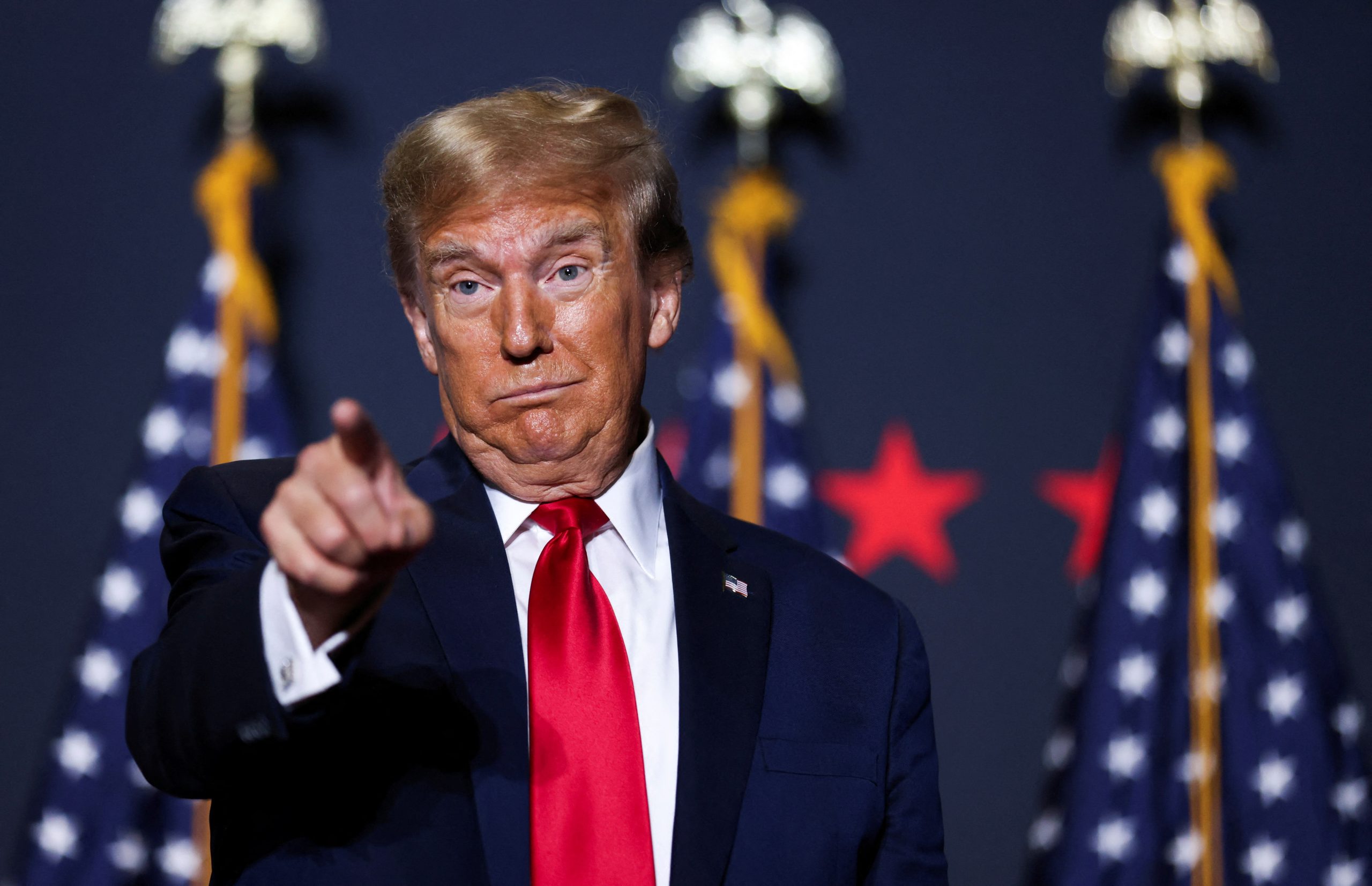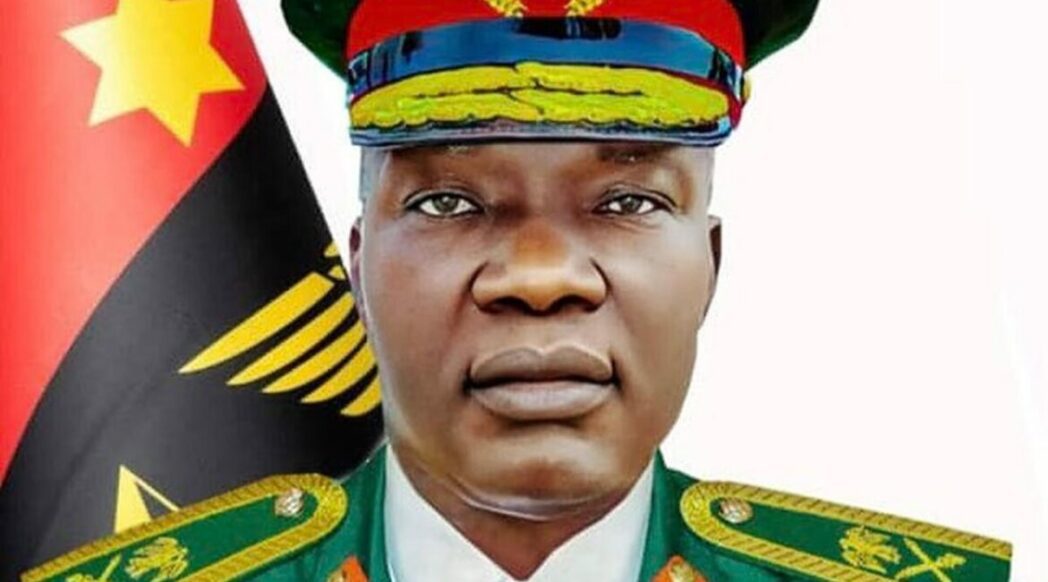On April 17, 2025, U.S. President Donald Trump expressed confidence in securing a trade deal with China, stating, “Oh we’re going to make a deal. I think we are going to make a very good deal with China,” during a White House press interaction. However, Trump provided no specifics on how negotiations would proceed, as the U.S. and China remain locked in a standoff over initiating talks. The announcement comes amid escalating trade tensions, with the U.S. maintaining 145% tariffs on Chinese goods, while China has retaliated with 125% tariffs on American imports, severely disrupting the $640 billion trade relationship between the world’s two largest economies.
The Chinese Commerce Ministry, earlier that day, urged the U.S. to cease applying “extreme pressure” and demanded “equality, mutual respect, and mutual benefit” in any dialogue. Beijing’s response reflects frustration with Trump’s strategy, which includes leveraging high tariffs to force concessions on issues like market access, intellectual property theft, and the U.S. trade deficit. Despite Trump’s optimism, China has shown no immediate willingness to negotiate, with President Xi Jinping absent from direct talks and Beijing focusing on rallying support from countries like Vietnam and Malaysia to counter U.S. isolation efforts. Posts on X, such as from @karlmehta on April 18, 2025, quote Trump claiming a deal could be finalized “over the next three or four weeks,” highlighting his reliance on U.S. market leverage: “We’re a big beautiful department store and everybody wants a piece.”
Trump’s approach has yielded mixed results. While he paused reciprocal tariffs on over 75 countries, prompting trade talks with nations like Japan and South Korea, the China-specific levies remain, causing market volatility. A CBS poll from April 13, 2025, shows 56% of Americans disapprove of Trump’s economic handling, with 75% expecting tariff-driven price spikes. U.S. businesses, from tech to agriculture, face challenges, with soybean farmers warning of potential collapse due to China’s shift to Brazilian imports. China’s suspension of rare earth exports and curbs on U.S. travel and films further escalate tensions, as noted in Reuters reports.
The White House argues that tariffs will force China to the table, with allies like Kevin Hassett claiming the strategy isolates Beijing. However, critics, including former State Department official Henrietta Levin, doubt its efficacy, citing Xi’s centralized control and China’s economic resilience. The New York Times reports a divided Trump administration, with some pushing for decoupling from China and others seeking a deal to address issues like fentanyl and TikTok. As negotiations stall, the risk of prolonged economic disruption grows, with global trade projected to lose 0.2% due to the tariff war.












Im not convinced Trumps optimism will lead to a solid trade deal with China. The tensions seem too high to resolve easily.
I wonder if Trumps optimism for a trade deal with China is genuine or just a political move. What do you guys think?
I think Trumps optimism for a trade deal with China is just a facade to mask the ongoing tariff tensions. Can we really trust his intentions?
Im not convinced Trumps optimism will lead to a successful trade deal. The tension is still high! Who knows what will happen next?
Im not convinced Trumps optimism will lead to a solid trade deal with China. Lets see how this unfolds.
Im not convinced Trumps optimism on a China trade deal will lead to a resolution. The tension seems ongoing. What do you think?
Im not convinced Trumps optimism will lead to a successful trade deal with China. The tensions seem too deep-rooted. Lets see how this plays out.
I wonder if Trumps optimism for a China trade deal is genuine or just a political move. Can we trust his intentions?
I think Trumps optimism on the China trade deal seems a bit naive. Will it really lead to a resolution or just more empty promises?